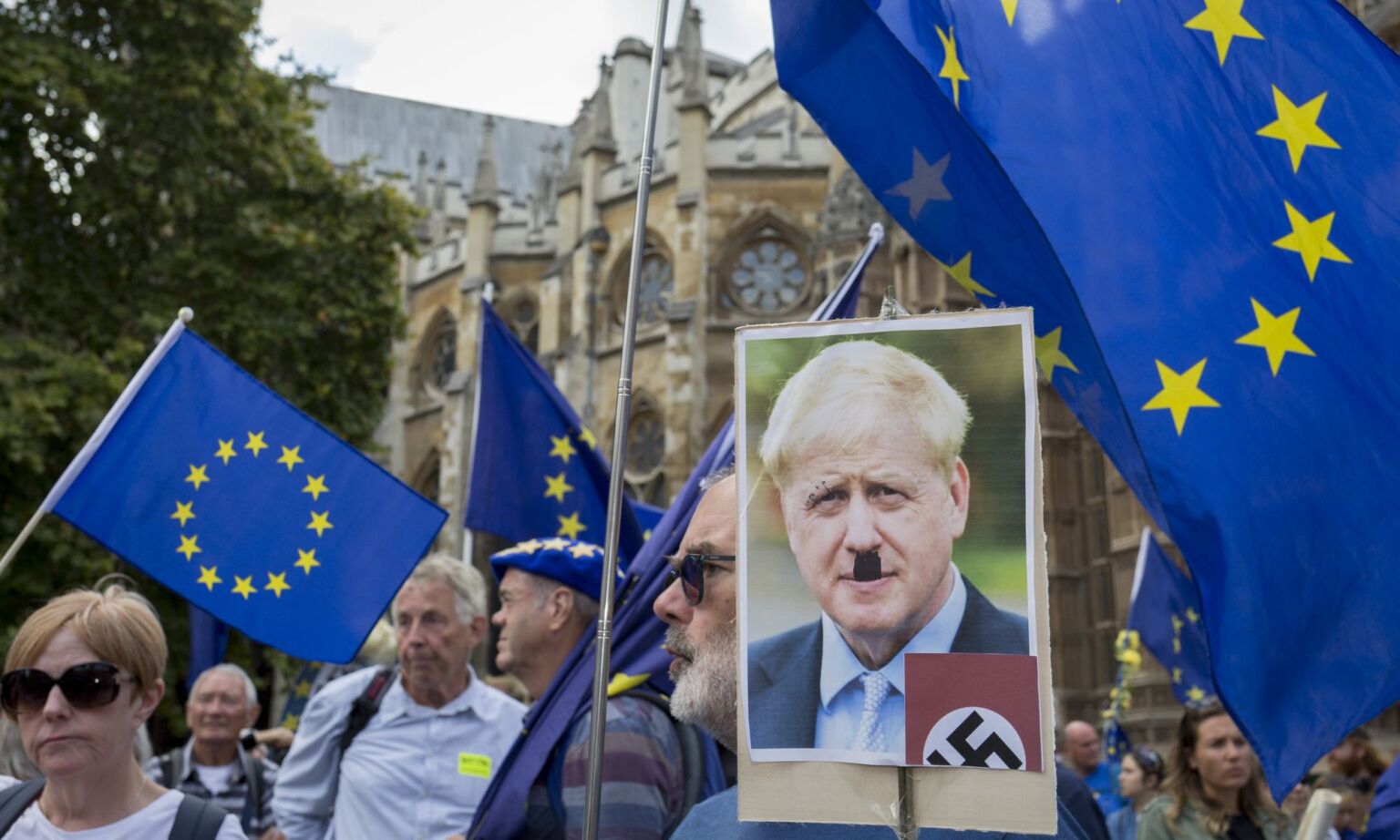Trump Suspends As Many As 60 Senior Bureaucrats for Trying to Evade His Executive Orders.
President Trump has ordered as many as 60 senior bureaucrats in the US Agency for International Development placed on indefinite leave for taking actions to evade his executive orders. A memo from acting USAID administrator Jason Gray says, “We have identified several actions within USAID that appear to be designed to circumvent the president’s executive orders and the mandate from the American people.“ As a result, we have placed a number of USAID employees on administrative leave with full pay and benefits until further notice while we complete our analysis of these actions.”
This action effectively shuts down most of USAID’s $22.6 billion in program support.
The decision appears to affect nearly every career staffer who holds a top leadership role at the agency, at least in Washington — around 60 officials, the current and former officials said.
The cuts have left many offices within the agency entirely devoid of senior non-political leadership. The entire cadre of leaders who run USAID’s bureau for global health, for example, was put on leave, according to two of the officials.
“This is a huge morale hit,” said a former senior Trump administration official who was also told of the move. “This is the leadership of the agency. This is like taking out all the generals. I don’t know what they hope to accomplish by it.”
It would seem that the USAID hires a lot of dolts. If the “generals” are in rebellion and you can figure out what taking out those generals accomplishes, I’m not sure you should be allowed outside your home without wearing a football helmet.
Last week, President Trump issued an order, and the State Department issued further orders requiring USAID to stop designating new foreign aid funding or accepting funding applications. They were also told to issue “stop-work” orders to grantees. There were some exceptions, but for the most part, USAID activities were frozen in amber until they could be fully understood. If I had to guess, I would say that the people placed on leave decided the orders didn’t mean what they said or that they just weren’t going to comply.
This review will be painful in some places, but that is a small price to pay for stamping out the “I know better” ethos so present in the senior executive and foreign service.













